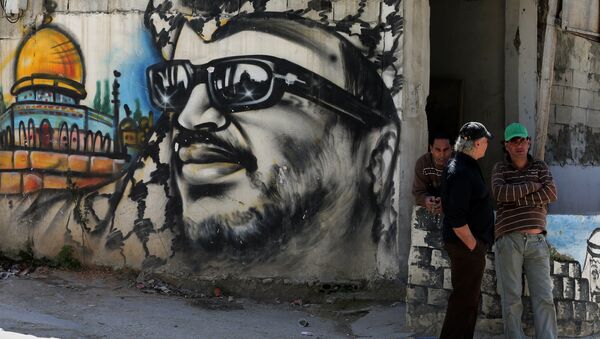"The government confirms the right of Palestinian refugees and their descendants to return to their homeland, considering it fixed and established as well as not negotiable", the ministry tweeted, citing Cabinet protocol.
The government also confirmed that Saudi Arabia was among major states that continue to provide assistance to Palestinian refugees.
Earlier in the day, the United Nations Relief and Works Agency for Palestine Refugees in the Near East (UNRWA) said in a statement that the government of Saudi Arabia has donated $2 million to the agency.
On 25 June, White House senior adviser Jared Kushner presented a US plan for an Israeli-Palestinian conflict settlement. The key proposal was to invest money in foreign territories the Palestinians are currently taking refuge in so that they might never seek to return to their homeland in seized Israeli territory. The plan did not include any direct proposal on how a dialogue between Israel and the Palestinians could be relaunched.
For decades, Palestinians have sought recognition of their independent state in the Israeli-occupied West Bank and Gaza Strip. The Israeli government has refused to recognize Palestine Autonomy as an independent political and diplomatic entity, and continues to build illegal settlements in occupied areas despite objections from the United Nations.
According to the UNRWA, Palestinian refugees are defined as "persons whose normal place of residence was Palestine during the period 1 June 1946 to 15 May 1948, and who lost both home and means of livelihood as a result of the 1948 conflict".
Nowadays, there are about 5 million Palestinian refugees in the world, while approximately one-third of them live in 58 recognized Palestinian refugee camps in the Gaza Strip and the West Bank, including East Jerusalem, Jordan, Lebanon, and the Syrian Arab Republic.


